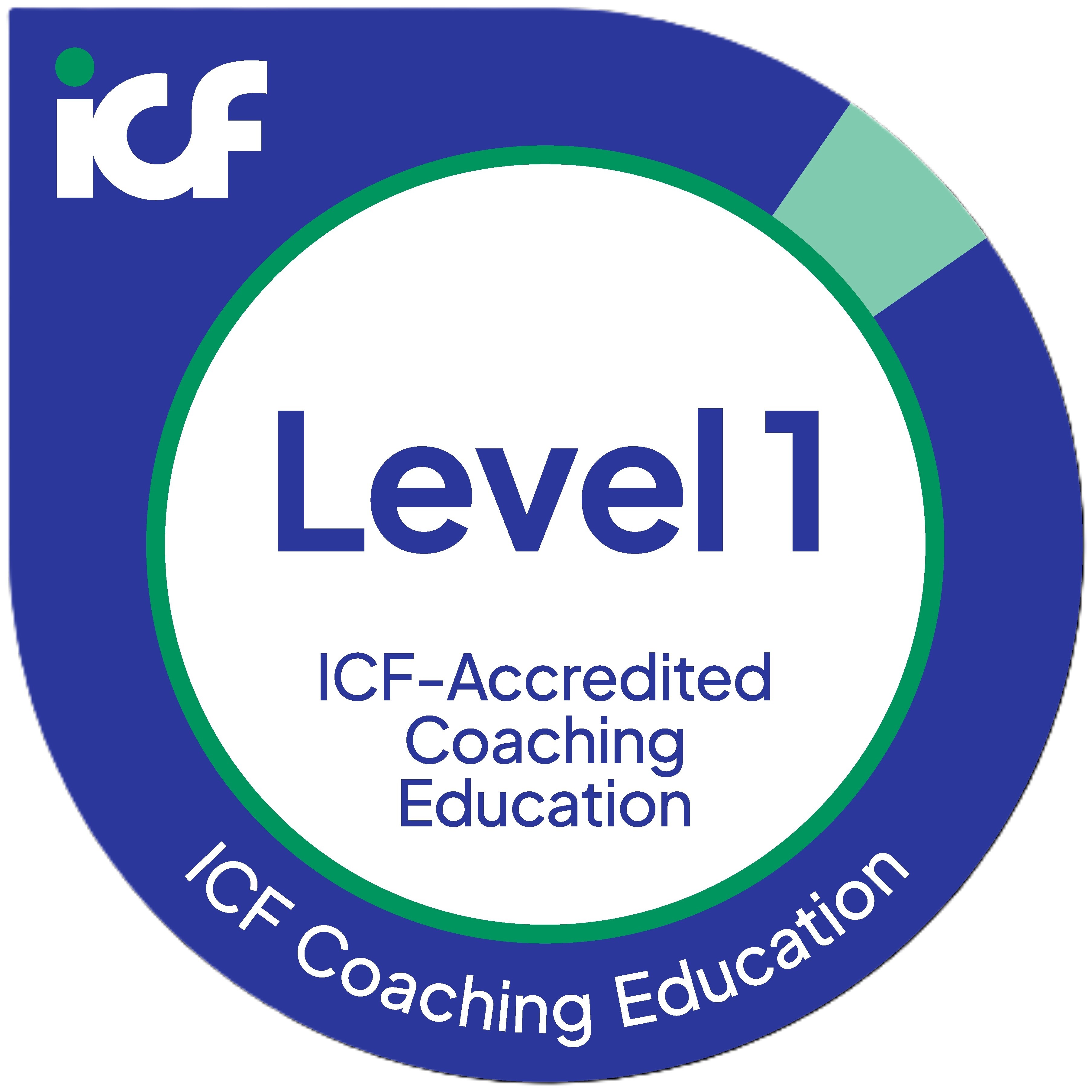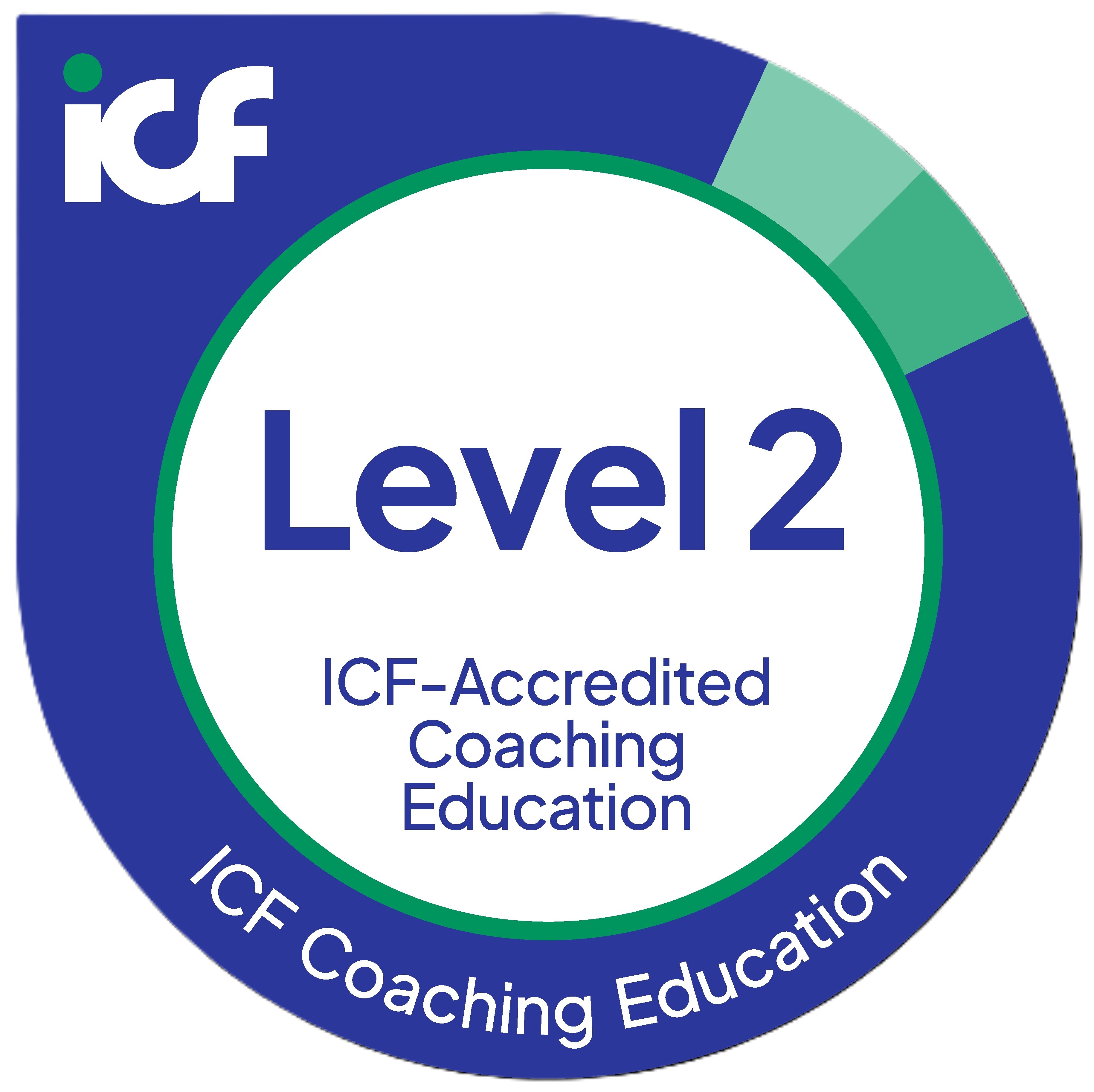
By Dr. Patrick Williams, MCC
As the profession of coaching (and all its specialties) has grown globally the last many years, its evolution has and must contain a body of knowledge of evidence based competencies and ethical standards. These are necessary ingredients for a profession to be accepted and achieve its place as a true profession. And in order to be a self regulating profession, those who aspire to be a professional coach and those who would hire them, need to have a way to be relatively assured in a coaches competency through a process attaining a credential.
Coaching is not a licensed profession, although there have been a few jurisdictions who have tried to make it so. Therefore, it is true that anyone may call himself or herself a coach…it is not a protected title. But that is also true for being a speaker, or consultant, or trainer. Those who would hire professionals who do not need, nor have, a government regulated license to practice, must do their own due diligence as to the competency, and reputation of the coach they may hire.
Since 1995, the International Coach Federation has been the main organization of the coaching profession from the early days, and has grown into a large global organization for membership, conferences, ethical review, and credentialing of coaches as well as accrediting training organizations and schools.
One must be aware that joining the ICF (or any other established organization around the globe) is by choice…and it may be more for the coach than for the public. The ICF and organizations like the European Mentoring and Coaching Council, The Association of Coaching, and others serve as a place of community for its members. And they serve the role of creating the standards of competency, and mastery as well as ethical guidelines and ethical review procedures.
But of course if a coach is not a member, there is no recourse for any discipline or training and the public may be confused as to who is a qualified coach and who is not. So it is our opinion that the ICF and other organizations serve as a professional visibility to the public and make a compelling argument for coaches to pass minimum standards for certification and maintain the credential through continuing education and review.
There is a more recent player in the field that shows promise in creating a credential and a review process that is objective, and solely involved in assessment of competencies with a testing and credentialing procedure as other professions have. The Center for Credentialing and Education created the Board Certified Coach credential in 2010 and will grow in the years to come in refining the testing procedures as well as the minimal standards of competency for the profession of coaching. And there are dozens of graduate schools that offer degrees and/or graduate certificates in coaching as well as the growth of coach specific research, further enhancing the body of knowledge, evidence, and credibility of this evolving profession.
All of this bodes well for a strong profession internationally to be highly regarded, self-regulated, and vibrant in the years to come.
Welcome aboard.
 Patrick Williams, MCC, is the founder of The Institute for Life Coach Training, one of the leading international coach training schools, which is approved by both the ICF as an ACTP, and approved to train those pursuing the BCC credential.
Patrick Williams, MCC, is the founder of The Institute for Life Coach Training, one of the leading international coach training schools, which is approved by both the ICF as an ACTP, and approved to train those pursuing the BCC credential.




